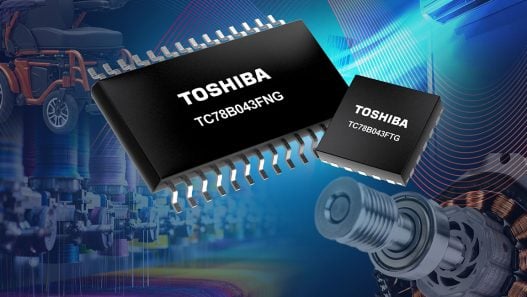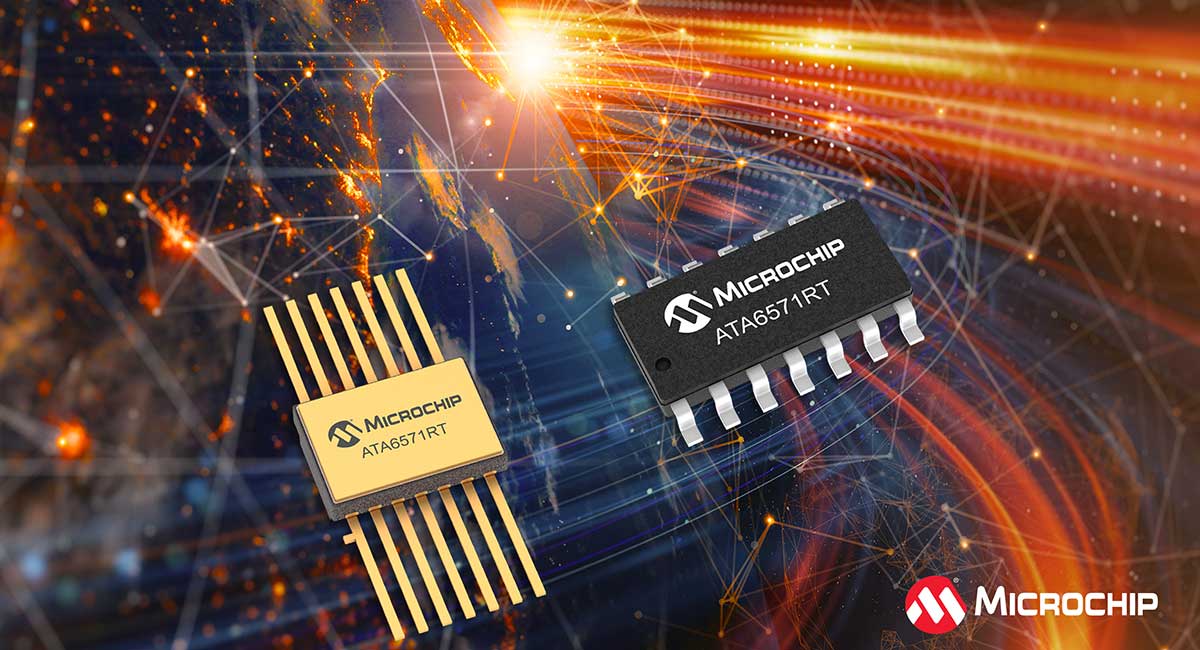StreamDirect increases the efficiency of GPGPU-based embedded computing systems, resulting in a three times performance improvement over previous generation GPGPU systems. StreamDirect increases performance by enabling terabytes of raw sensor data to be processed in real-time by optimizing the transfers from the I/O sensors to the GPGPUs, supporting over 10 teraflops of processing capability in a rugged OpenVPX system.
Mercury has previously deployed StreamDirect in a number of programs and it is now being made available in Mercury’s standard product – the 6U OpenVPX GSC6201. The GSC6201 is a carrier card that incorporates industry-standard GPGPU MXMs and is designed to accept those based on the NVIDIA Fermi™ and recently launched Kepler architectures.
Mercury’s StreamDirect enables direct communication of data from the source, such as a sensor input device, into a coprocessor’s memory, such as a GPGPU, without intermediate storage in the CPU. Previously, systems that used GPGPUs had to first pass the data to a CPU’s memory and then transfer the same data from the CPU’s memory to the GPGPU, a cumbersome two-step process. StreamDirect eliminates this copy step, creating a direct, high-bandwidth DMA channel between the sensor and the GPGPU. StreamDirect leverages Mercury’s POET/ICS technology and NVIDIA GPUDirect to provide a system-wide communication capability that enables applications such as EO/IR, radar, cyber and electronic warfare to benefit from faster intelligence.
“The GSC6201 is our third generation OpenVPX MXM-based GPGPU carrier card, building upon our eight year track record of deployed GPGPU solutions,” said Scott Thieret, Technical Director at Mercury Computer Systems. “With StreamDirect, we can now configure GSC6201-based systems with three times the performance of previous generation systems by eliminating intermediate data store-and-forward steps and enabling sensors to communicate directly with NVIDIA GPGPUs. Additionally, the combination of StreamDirect and the GSC6201 allows multiple GPGPU carrier cards to be hosted by a single CPU, significantly improving the overall system SWaP and GFLOPS/Watt.”
To keep pace with the rapid advances in GPGPU innovations, Mercury adopted the industry standard MXM form factor to quickly deliver the latest GPGPU technology in a modular, rugged OpenVPX module. While the GSC6201 is available today with NVIDIA’s embedded EXMF104 Fermi GPGPU, it can be quickly and easily upgraded to the latest GPGPU architectures as soon as they are available, such as the embedded Kepler MXM. The modular GPGPU MXM design enables customers to preserve their software and IP investments while accelerating their program development schedules and reducing program risk.
“The latest fighter jets and drone aircraft incorporate new sensors that demand huge amounts of real-time processing, making them ideally suited for NVIDIA’s newest GPGPUs,” said Vineet Gupta, Vice President of Global Automotive and Embedded Solutions at NVIDIA. “Mercury Computer Systems’ StreamDirect unleashes the potential of multi-GPGPU systems, bringing leading-edge performance to defense-based systems when using the latest NVIDIA GPGPUs.”
NVIDIA CUDA, OpenCL and Mercury’s Scientific Algorithm Library software development platforms are supported on the GSC6201, providing highly optimized processing functions based on open standards, cross-platform support, and porting of legacy applications to leverage massively parallel stream processing with GPGPUs.
StreamDirect for NVIDIA GPGPUs is available now. The GSC6201 is available now in commercial and rugged versions including air- and conduction-cooled configurations.














